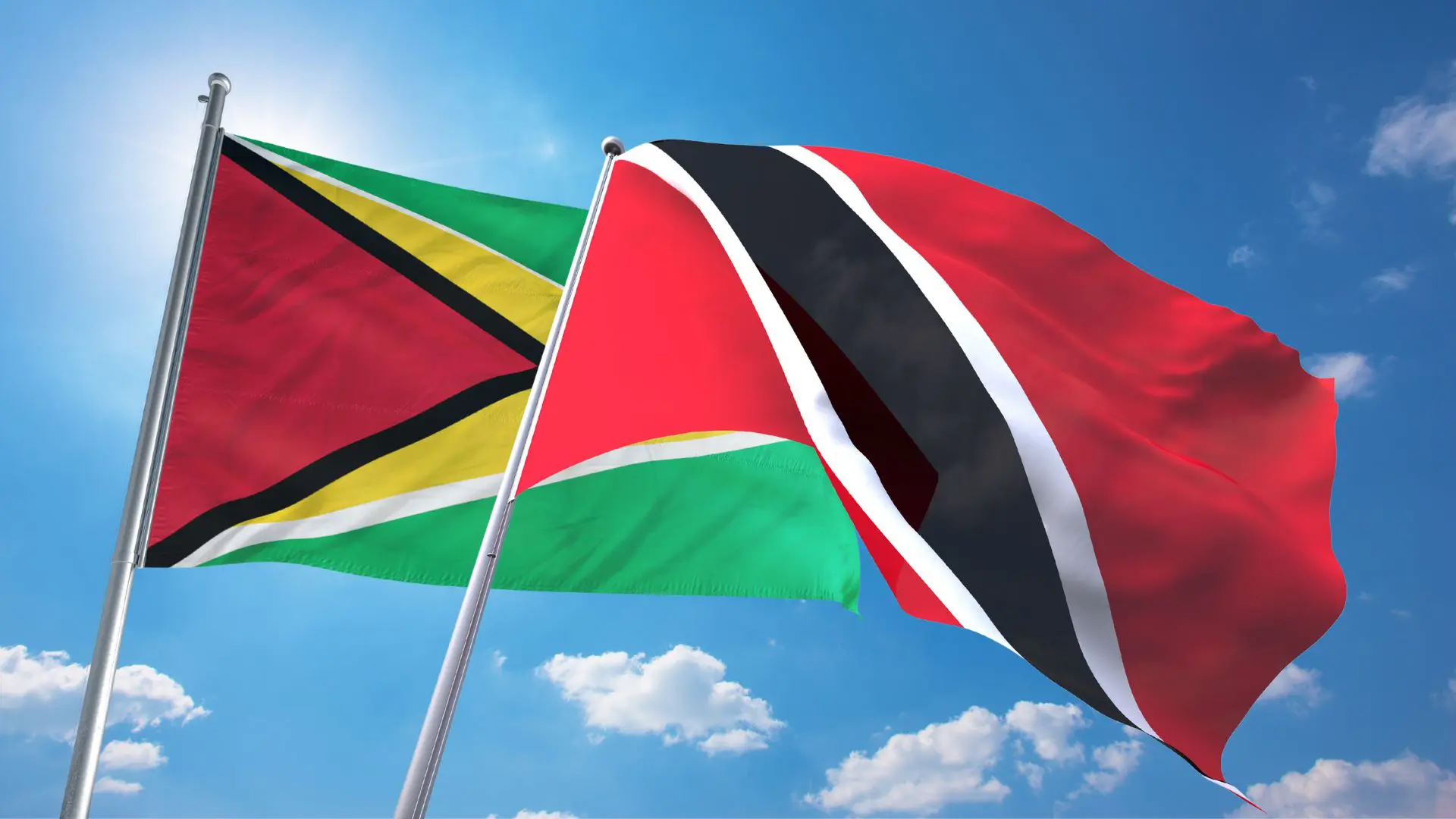The challenge of producing and retaining engineers is playing out in two different ways in Trinidad and Tobago and Guyana; one is a long-standing oil producer, and the other is a newcomer racing to meet the demands of its booming industry.
The Energy Chamber of Trinidad and Tobago flagged the declining number of new engineers as a growing problem for the sector. It shared data from the University of the West Indies on September 25, which shows that from 2015 to 2024, engineering enrollment fell by 38%. Male enrollment dropped by 34%, while female enrollment plummeted by 44%.
“This data highlights two key issues in the energy sector at the moment: the lack of female representation and the declining number of new engineers,” the Chamber observed.
The Chamber noted that the underrepresentation of women in Science, Technology, Engineering, and Mathematics (STEM) fields continues to impact the workforce. On average, females accounted for about 35% of enrollment over the past decade, with 29% at the undergraduate level and 42% at the postgraduate level. The figures are “more encouraging” at the higher level, but the overall trend is still downward.
The Chamber has linked the drop to factors such as changes in GATE funding, the impact of COVID-19 on academic performance, and a declining birthrate that has reduced the pool of students entering universities.
“Less graduate output from the University does create challenges, however, which can have a cyclical effect,” it explained. When industry activity slows, graduates struggle to find jobs, and when projects arise, companies face shortages. That gap has been compounded by experienced engineers leaving Trinidad to work abroad.
The situation is starkly different in Guyana. In 2024, Dr. Paloma Mohamed, Vice Chancellor of the University of Guyana, stated that demand from the oil industry is outpacing supply.
“We have trebled the number of engineers that we were producing since 2020 but still that is not enough because they are getting absorbed even before they graduate into the international private sector,” she explained.
Unlike Trinidad, where graduates sometimes struggle to find immediate work, Guyanese students are being snapped up before completing their degrees. “We are not producing specialists. Our engineering program is a first-degree program…now if you want a specialist, you need to take that person – [and] the oil and gas industry has been taking them and putting them through programs,” Dr. Mohamed said.
International operators are stepping in to fill gaps. SBM Offshore recruited seven young Guyanese – five men and two women – for an 18-month training programme in the Netherlands and Singapore, placing them on the Prosperity vessel. CNOOC Petroleum Guyana Limited has also offered scholarships in petroleum engineering and geoscience.
Dr. Mohamed said the oil boom has created a “dramatic increase” in applications to the university’s engineering faculty, particularly among women. However, despite efforts to expand intake, the institution remains unable to meet industry needs.
Guyana in talks with India on energy security, training of petroleum engineers | OilNOW
The diverging paths of Trinidad and Guyana show how the engineer dilemma is shaped as much by economics as by education. For Trinidad, the challenge is keeping young and experienced talent at home, while in Guyana, the struggle is producing enough graduates fast enough to sustain an industry expanding at breakneck speed.
Yet the picture in Trinidad could change. With ExxonMobil’s recent acquisition of the ultra-deepwater block off the country’s coast, any major discoveries there could re-ignite industry activity and drive a new demand for engineers.



